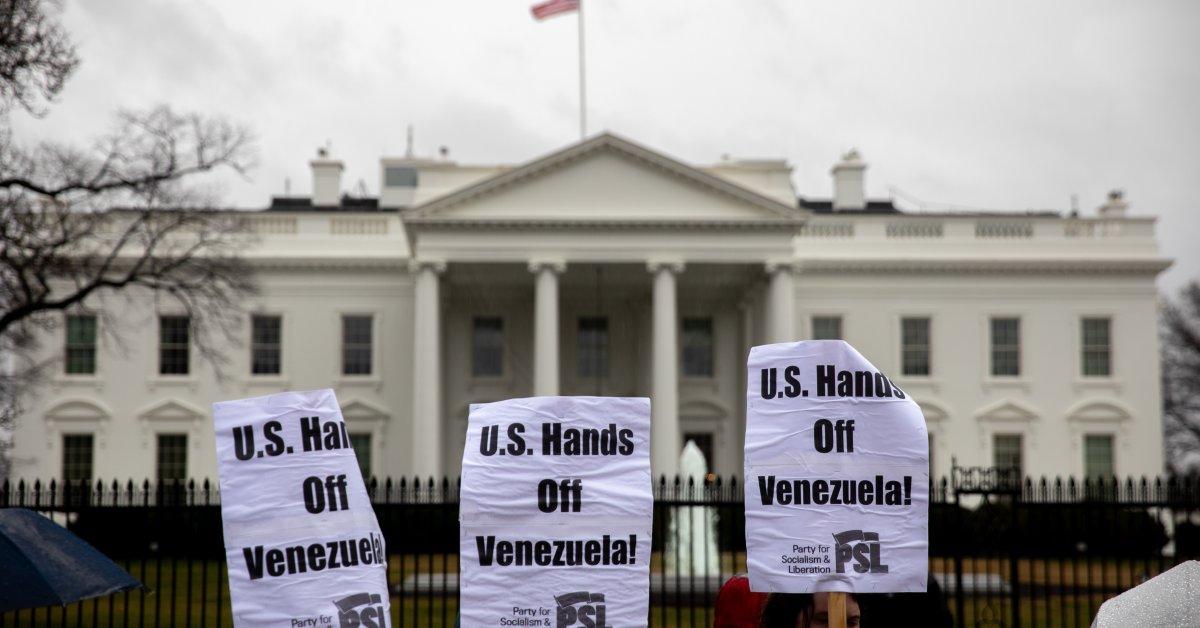
On October 13th, Venezuela’s representative to the UN Samuel Moncada denounced plotting by the United States and Colombia against Venezuela’s democratically elected government at the UN Security Council.
In an eight-page letter to Security Council President Martin Kimani, Moncada detailed “bellicose” statements by Colombian President Iván Duque and by U.S. Navy Admiral Craig S. Faller, who praised the U.S.’s “maximum pressure” campaign against Venezuela.
These latter comments suggested that U.S. policy has not changed from the Trump era, despite the arrival of a Democrat to the White House.
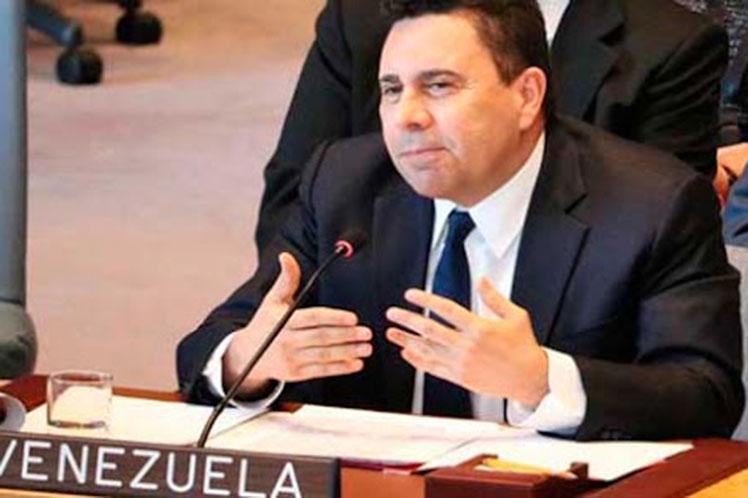
Samuel Moncada [Source: plenglish.com] 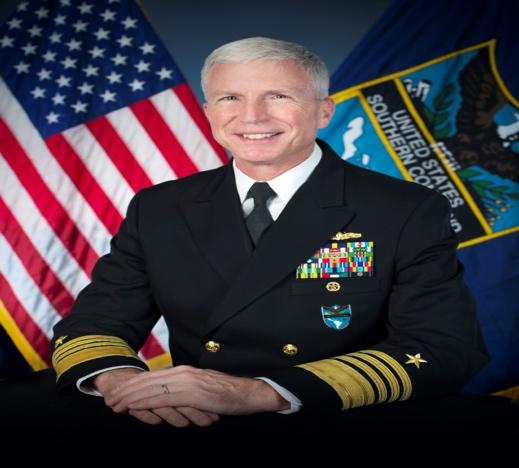
Admiral Craig S. Faller [Source: defense.gov]
The Threat of a Good Example
Joe Emersberger and Justin Podur’s new book, Extraordinary Threat: The U.S. Empire, the Media, and Twenty Years of Coup Attempts in Venezuela (New York: Monthly Review, 2021) details over twenty years of U.S. subversion efforts directed against Venezuela.
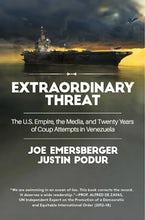
According to the authors, U.S. hostility to Venezuela’s government stems from the threat of a good example.
While Venezuela possesses massive oil reserves, the Venezuelan government never denied the U.S. access to its country’s oil and, as late as 2017, Venezuela remained the U.S. economy’s third-largest foreign supplier of energy.
The true fear of U.S. officials is that a country with significant resources and poor communities (a.k.a. Ranchos) has tremendous potential to develop an independent path and succeed in raising the standard of living for all its citizens, not to mention help out other countries in the region.
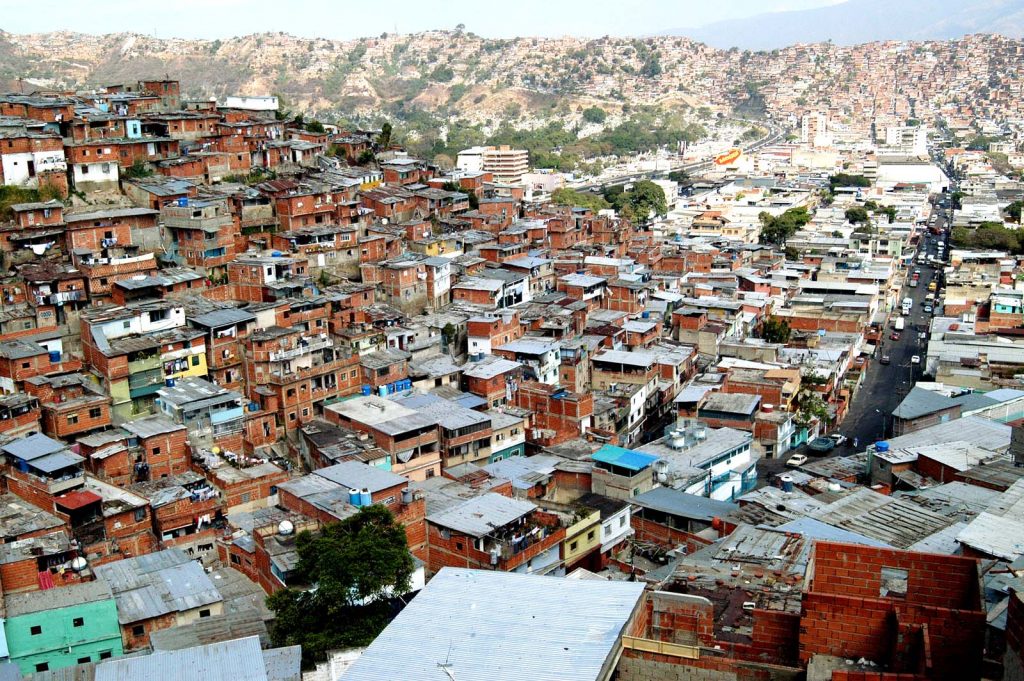
The Caracas capital with its bustling center is surrounded by mountains where poor Rancho communities populate the hilsides; the Chaves and Maduro administrations have tried to address the poverty there and around the country. [Source: wikipedia.org] 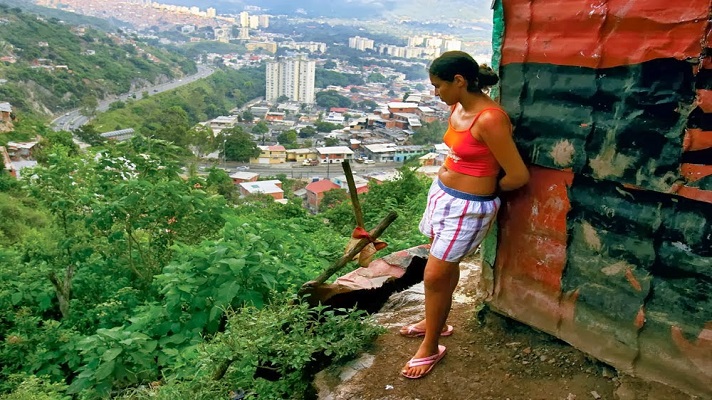
Crippling sanctions, an economic blockade and some internal corruption have hindered efforts by the Bolivarian revolution to uplift poor venezuelans who comprise the majority. [Source: impactovenezuela.com]
A secret cable published by WikiLeaks revealed that, in 2007, U.S. officials were demanding more (and more flexible) resources and tools to counter [Venezuelan President Hugo] Chávez’s [1999-2013] effort to assume greater dominion over Latin America at the expense of U.S. leadership and interests.[1]
Bolivarian Revolution: Brief History and Successes
Throughout much of the 20th century, Venezuela was ruled by an oligarchy which monopolized the country’s oil wealth.
In February 1989, in what became known as the Caracazo, Venezuelan security forces killed hundreds and possibly thousands of poor people who had risen up in revolt against an International Monetary Fund (IMF)-imposed structural adjustment program that had resulted in a rise in fuel prices and bus fares.
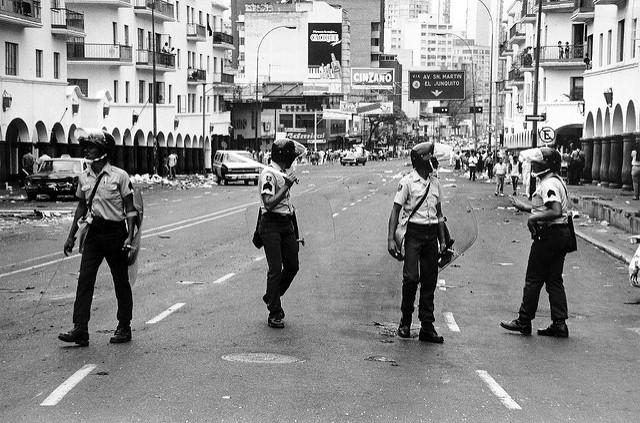
The program was imposed by President Carlos Andrés Pérez (1974-1979; 1989-1993), who had campaigned saying that IMF programs were like a “neutron bomb that killed people but left buildings standing.”
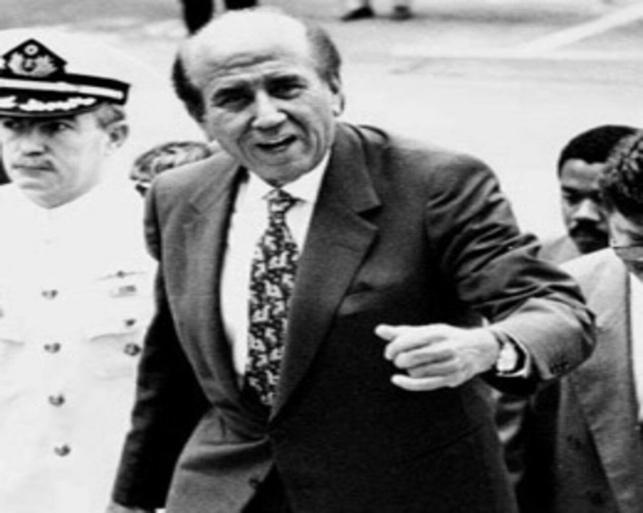
During the 1980s, Hugo Chávez had been secretly building a leftist movement within the Venezuelan military, which gained recruits and intensity after the Caracazo.
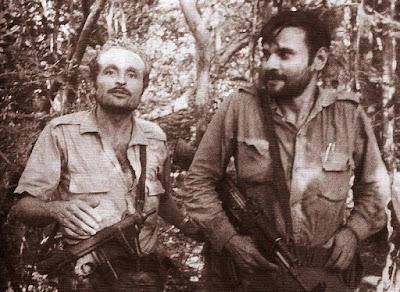
When Chávez was elected president in 1998, after a failed coup attempt six years earlier, he had the support of poor people in Venezuela’s cities who organized into self-help organizations and popular militias.[2]
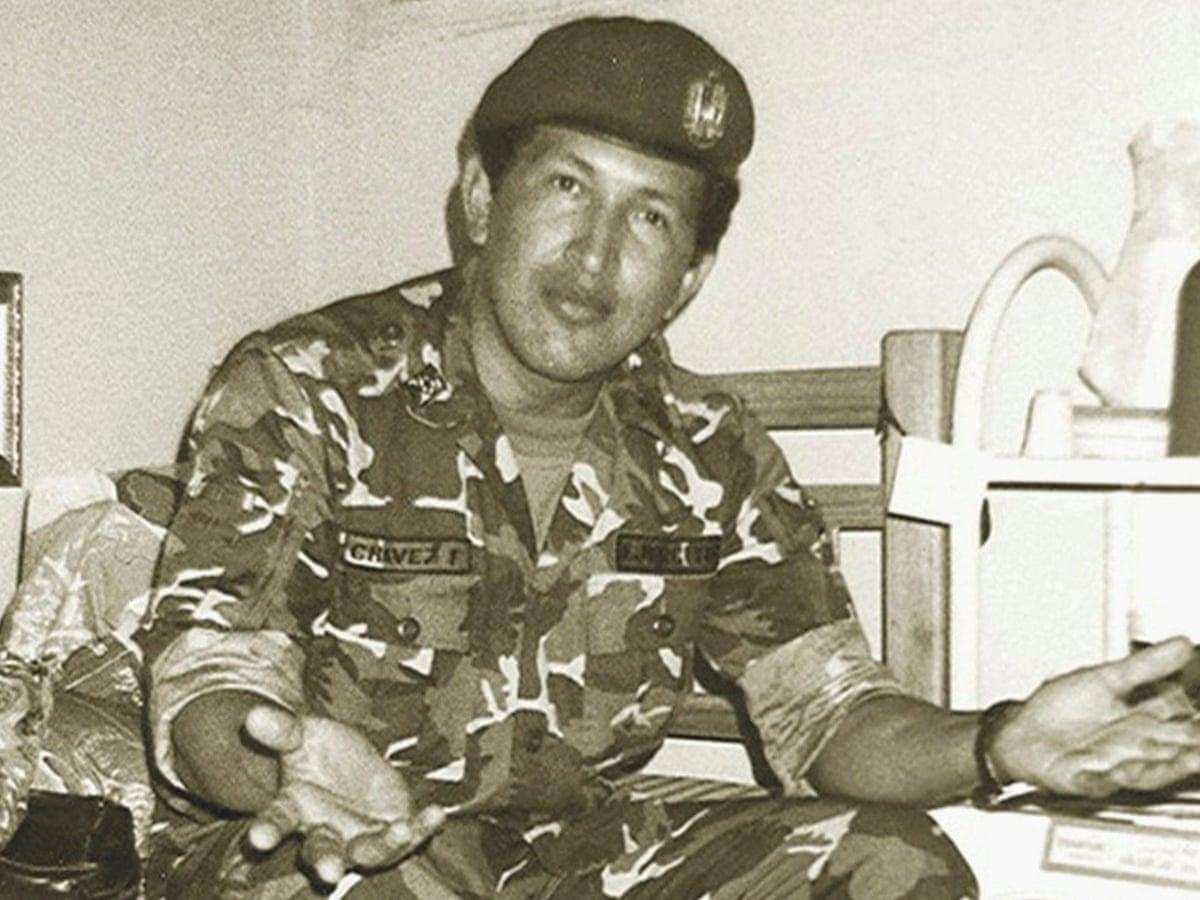
The goal of the revolution was to restore Venezuela’s economic sovereignty, empower the poor and Indigenous people, and revitalize the legacy of Latin America’s great liberator, Simón Bolívar.
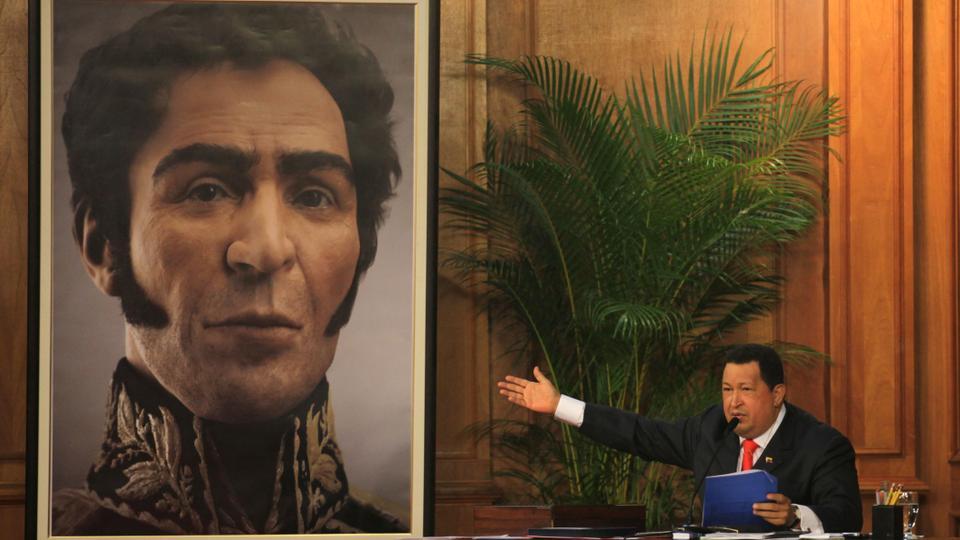
Once in power Chávez—unlike Pérez—followed through on his promises to change Venezuela’s political-economic system.
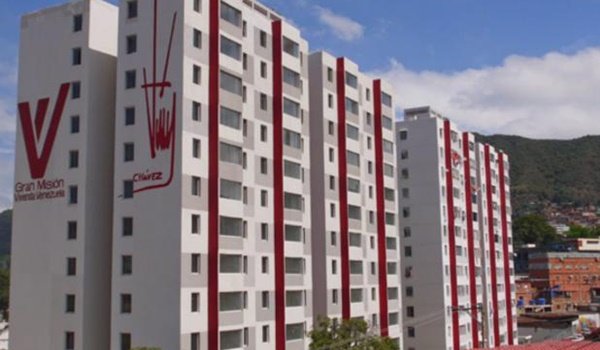
By 2013, when Chávez died of cancer, poverty and inequality had been reduced substantially, literacy had increased, and Venezuela’s UN Human Development Index, a composite measure of national income (GDP), access to education, and child mortality—rose from seventh in the region to fourth.[3]
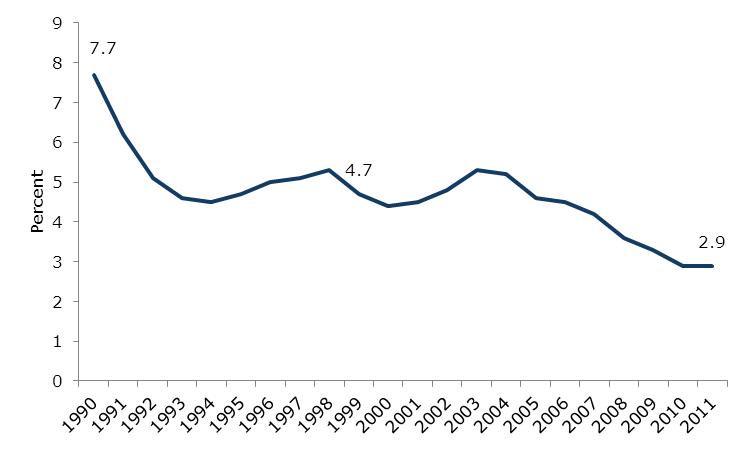
Chávez’s successor Nicolás Maduro continued many of the same policies that had benefited Venezuela’s poor, though fell victim to a collapse in world oil prices and crushing U.S. sanctions that resulted in a major economic crisis.
Despite mistakes and some internal corruption typical to countries in both North and South America—including the legalized bribery that corrupts U.S. politics through the lobbying system, as the standard bearer of Venezuela’s Bolivarian Revolution, Maduro sustained popular support, winning the 2018 election with 6.2 million votes (67.7%) compared to challenger Henri Falcón’s 1.9 million (21%).[4]
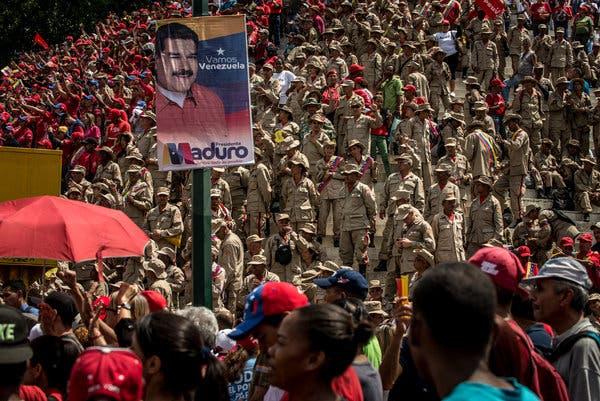
First Two Coup Attempts and U.S. Support
On April 11, 2002, the George W. Bush administration supported a coup led by Pedro Carmona—the head of Venezuela’s largest business federation. The coup was put down after Venezuelans took to the streets at great personal risk to rally behind Chávez. The Revolution Will Not Be Televised (embedded video below) is well worth watching as it is an excellent documentary on the coup; the Irish film crew that produced the documentary just happened to be in Miraflores, the presidential palace, at the time of the coup.
A decree that Carmona issued dissolved the National Assembly, fired all Supreme Court judges, and disassociated Venezuela from the legacy of Simón Bolívar.
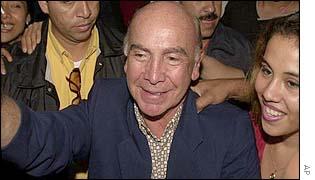
Pedro Carmona [Source: news.bbc.co.uk] 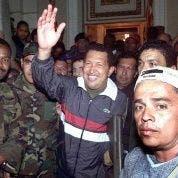
Hugo Chávez after beating back the coup. [Source: telesurenglish.net]
In July 2002, the U.S. State Department’s Office of the Inspector General published a report titled “A Review of U.S. Policy Toward Venezuela November 2001-April 2002” detailing how the National Endowment for Democracy (NED), Pentagon and other U.S. assistance programs provided training, institution building, and other support to individuals and organizations understood to be actively involved in the coup.
Journalists Jeremy Bigwood and Eva Golinger later uncovered how prominent coup plotters such as Leopoldo López and María Corina Machado had received U.S. funds.[5]
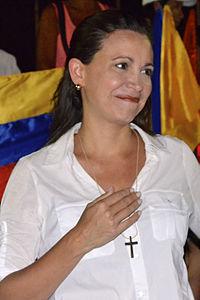
María Corina Machado [Source: wikipedia.org] 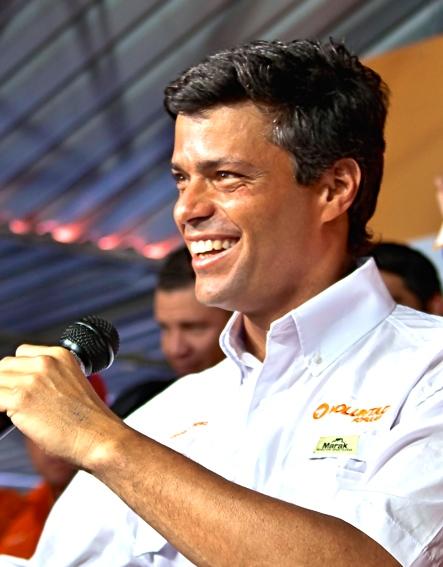
Leopoldo López [Source: wikipedia.org]
Scott Wilson reported in The Washington Post that the U.S. government hosted people involved in the coup before it happened.
Wilson wrote that “there was involvement of U.S.-sponsored NGOs in training people that were involved in the coup. And in the immediate aftermath of the coup, the United States government said that it was a resignation, not a coup, effectively recognizing the government that took office very briefly until President Chávez returned.”[6]
Six months after Carmona’s coup was put down, the opposition to Chávez led by Leopoldo López—the mayor of the Chacao Municipality of Caracas—organized a one-day national strike among oil workers with the aim of bringing down the government.
The coup failed but it contributed to a contraction of Venezuela’s GDP. Chávez later pardoned the coup plotters—belying claims of his supposedly authoritarian nature.
Emersberger and Podur write that “any foreign government linked to a political movement that inflicted [huge] economic damage on the United States would suffer horrific retaliation. U.S. politicians and media outlets that supported the sabotage would be declared treasonous and never be heard from again.”[7] Such was not the case for Venezuela.
More Subversion
In 2010, Wikileaks published a U.S. embassy cable from four years prior in which the American ambassador William Brownfield outlined a five-point cloak-and-dagger strategy for “penetrating Chavez’ political base,” “dividing Chavismo,” “protecting vital U.S. businesses,” and “isolating Chavez internationally.”

USAID’s Office of Transition Initiatives (OTI), which provides fast flexible, short term assistance designed to foster political transition—ie. regime change—was central to these efforts, which continued after Chavez’ death.[8]
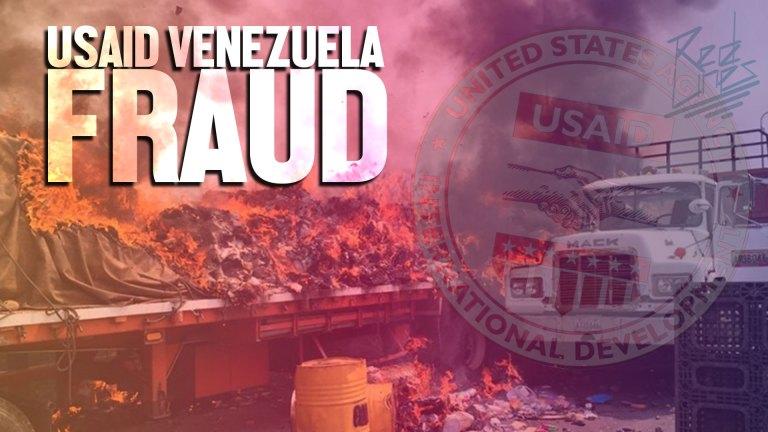
When Maduro won a snap election in April 2013, the defeated candidate Henrique Capriles—a participant in the 2002 coup and a mob siege of the Cuban Embassy—cried fraud and called his supporters into the streets, with backing from the Obama administration.
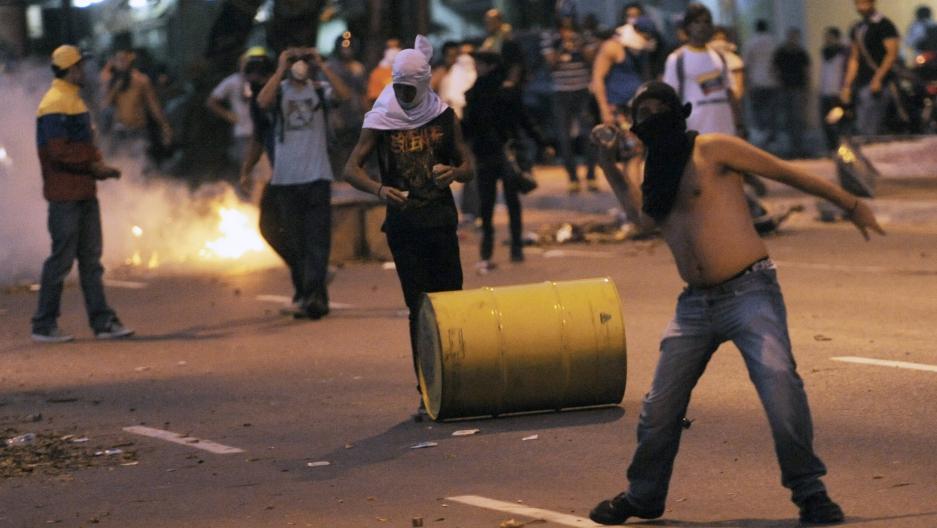
Supporters of Venezuelan opposition presidential candidate Henrique Capriles throw stones during a clash with police in Caracas on April 15, 2013. [Source: pri.org] 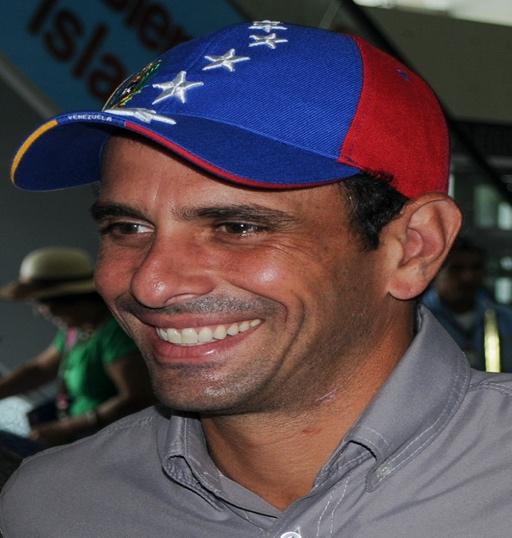
Henrique Capriles [Source: wikipedia.org]
A year earlier, Jimmy Carter had called the technical aspects of Venezuela’s electoral system “the best in the world.”[9]
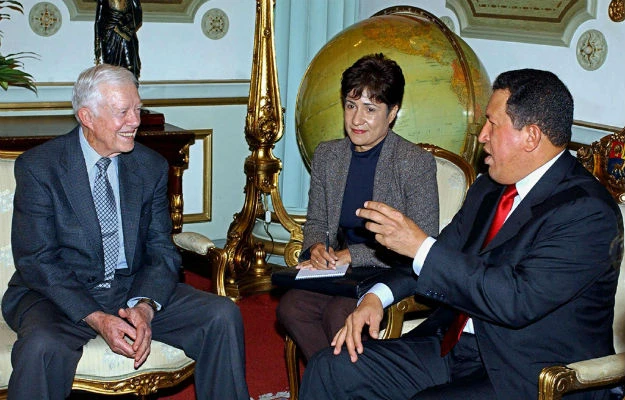
Sanctions of Mass Destruction
In March 2015, Obama followed his backing of Capriles’s bogus election fraud charges by imposing economic sanctions on Venezuela, which Obama ridiculously called “an extraordinary threat to the national security of the United States.”[10]
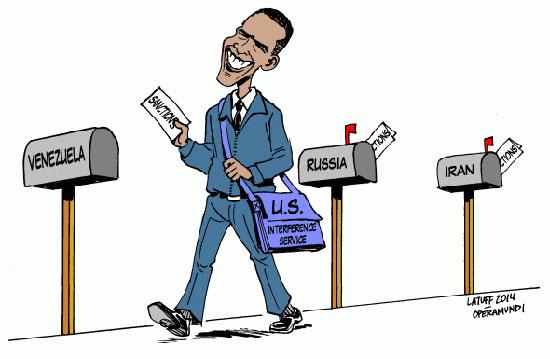
The goal of the sanctions—which were indefensible under the UN Charter, OAS Charter, and U.S. law—was to starve the Venezuelan government of the hard currency it needed to import food, medicine, and the parts required to maintain basic infrastructure such as Venezuela’s electrical grid.[11]
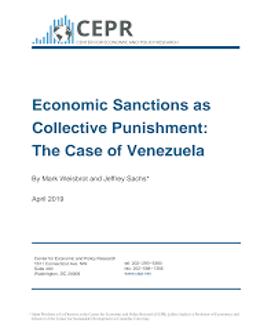
The intensification of Obama’s sanctions by the Trump administration in August 2017 resulted in the loss of $6 billion in oil revenue over the next 12 months.
By 2018, Venezuela could only import $140 million worth of medicines, down from around $2 billion in 2013-2014. Food imports in the same period declined from $11.2 billion in 2013 to $2.46 billion in 2018.[12]
In 2019, the Center for Economic and Policy Research (CEPR) published a study by U.S. economists Mark Weisbrot and Jeffrey Sachs estimating that Trump’s sanctions may have killed about 40,000 Venezuelans in the 2017-2018 period alone.[13]
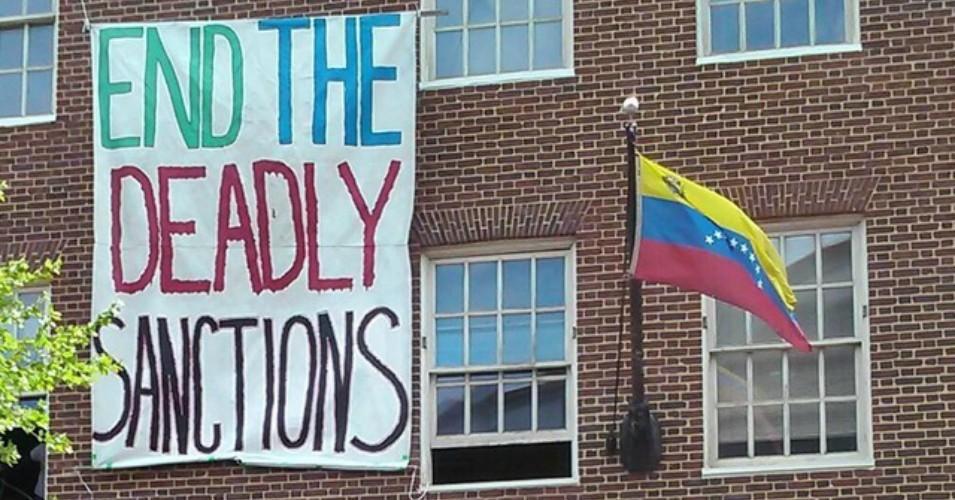
Trump Presidency and Sixth Coup Attempt
Under Trump, U.S. officials began openly encouraging the Venezuelan military to oust Maduro. National Security Adviser John Bolton joked about having Maduro sent to Guantánamo Bay.[14]
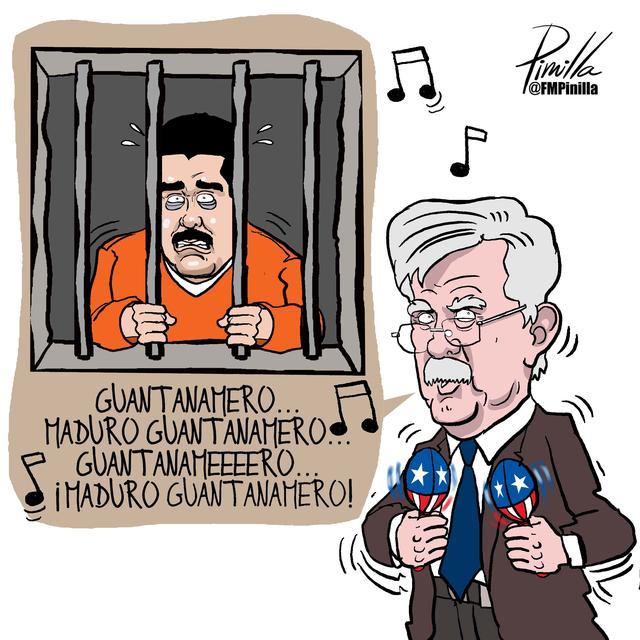
When opposition leader Juan Guaidó—who aimed to privatize Venezuela’s the oil industry—declared himself interim president in January 2019, President Trump immediately recognized him.
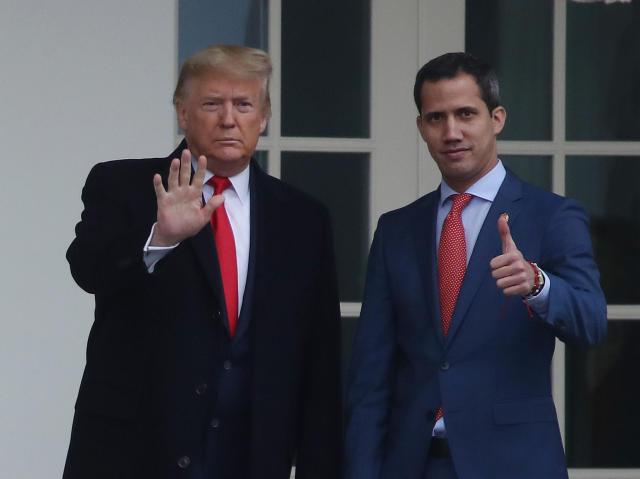
However, Guaidó’s case for president was based on the lie that Maduro had been elected illegitimately in May 2018.
Emersberger and Podur present the entire Guaidó era as a sixth very long coup attempt. (See CAM’s coverage at the time: “Yet Another U.S. Coup Attempt to Eradicate the Bolivarian Revolution” and “Operation GIDEON: New Details Emerge Linking U.S. to Latest Coup Attempt in Venezuela.“)
Its defining feature has been crippling economic warfare, combined with false allegations against Maduro that were designed to give the Venezuelan military a humanitarian pretext for turning on him.
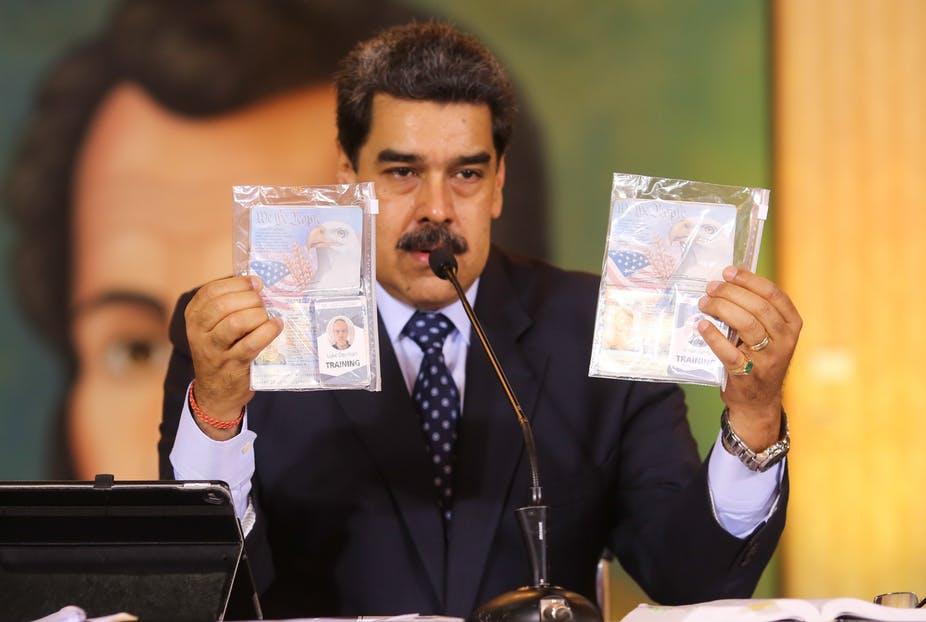
Useless Democratic Opposition
Democrats in Congress were useless as an opposition to Trump’s hardline policies. In his memoir, John Bolton cited Trump Treasury Secretary Steve Mnuchin as the most serious in trying to stifle him on Venezuela—not any Democrat.
Bernie Sanders (D-VT) characterized Maduro (and Nicaraguan President Daniel Ortega) as a dictator in January 2020 and repeated the lie that Maduro had refused humanitarian aid. Sanders further condemned Maduro for using violence against protesters—though the protesters were the ones sowing much greater violence.[15]
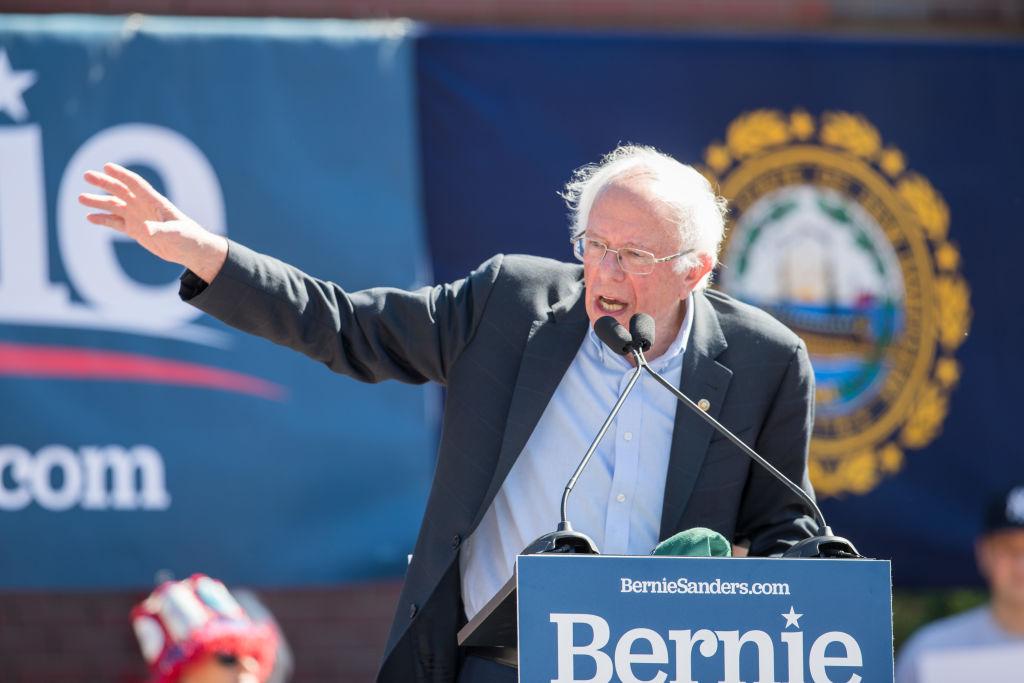
On March 8, 2020, Ro Khanna (D-CA) told The Real News that he opposed sanctions because they were giving “Maduro an excuse to blame the United States, as opposed to taking responsibility for his own failed economic policies [my emphasis] and his own cronyism.”[16]
Khanna subsequently characterized Maduro in The Washington Post as an “authoritarian leader who has presided over unfair elections”[17]—a claim contradicted by the Carter Center that fits the standard U.S. propaganda narrative.
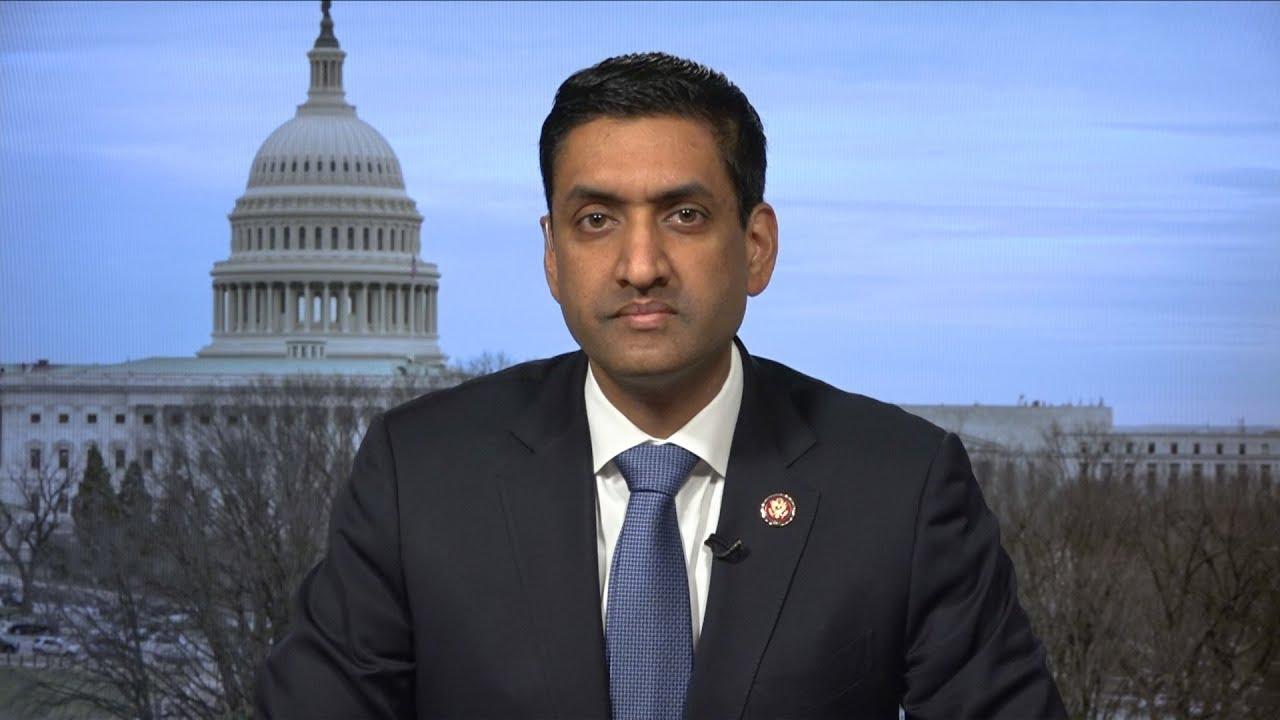
Manufacturing Consent
Mainstream corporate media helped manufacture consent with U.S. subversion efforts in Venezuela through a relentless demonization campaign, which falsely claimed that Venezuela was a prosperous democracy until Chávez and Maduro came along and ruined everything.
Alan MacLeod found the media far more favorable toward Saudi King Abdullah after his death in 2015 than Chávez after his death in 2013, even though King Abdullah was “an absolute monarch boasting one of the worst human rights records in history.”[18]
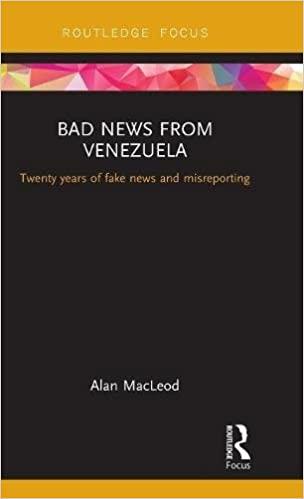
[Source: amazon.com] 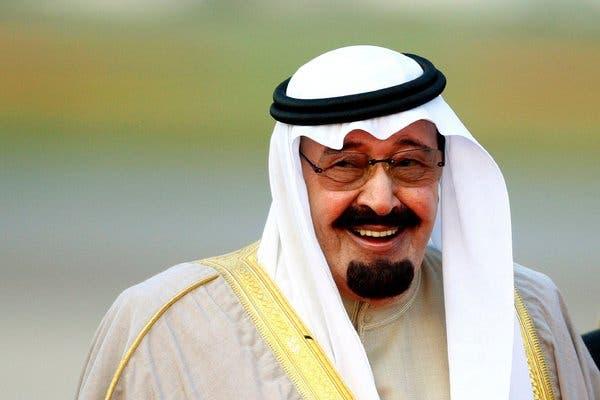
King Abdullah of Saudi Arabia. He was presented much more favorably in the media than Hugo Chávez despite supporting terrorism worldwide and presiding over large scale human rights atrocities. [Source: nytimes.com]
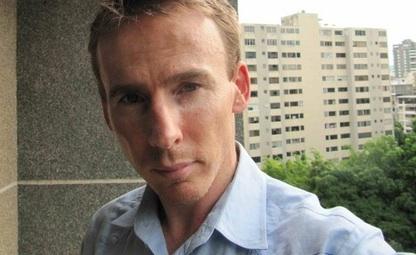
London Guardian correspondent Rory Carroll meanwhile wrote a well-received book about Venezuela which a) provided an almost total whitewash of the U.S. role in efforts to overthrow Chávez; b) omitted discussion of the amnesty that Chávez granted to coup plotters Henrique Capriles and Leopoldo López; and c) never said a word about hundreds of Chavista peasants who were assassinated, most likely by wealthy landowners opposed to land reform.[19]
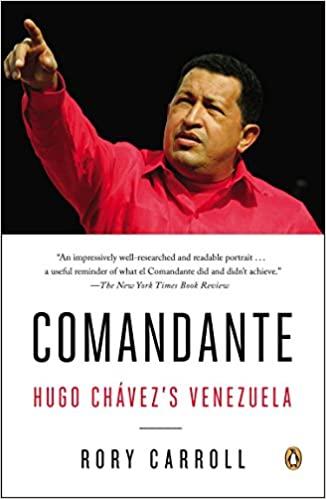
Carroll’s bias was in part related to his privileged lifestyle. According to a guest, he was put up by The Guardian in a “lavish apartment with the feel of a penthouse” in Altamira, an upper-class neighborhood and opposition stronghold in East Caracas.[20]
Human Rights Fraud
The U.S. empire’s human rights group, Human Rights Watch (HRW), predictably followed the media in aggressively attacking Chavismo.
Within hours of Chávez’s death, HRW put out a statement entitled “Chávez’s Authoritarian Legacy,” which said nothing positive about him and grouped him with supposedly rogue dictators in Libya, Iran, Cuba and Syria—all countries targeted for regime change by the U.S.
Conclusion
The United States’s unremitting hostility to Venezuela’s socialist government reflects the pathologies of the capitalist system, which cannot tolerate any rival competitor.
United States double standards are apparent in its alliance with oppressive governments in Colombia and Honduras that have committed egregious human rights violations and have been responsible for flooding the U.S. with cocaine.
And yet somehow Venezuela is the bad guy.
Despite the years of U.S.-backed subversion, Venezuela’s Bolivarian Revolution has endured, as the majority of the country’s people remain committed to its principles of anti-imperialism, economic sovereignty and social justice.
Though the Biden administration may be intent on sustaining a cruel economic war and fomenting regime change, the prospect of success is limited as the principles of the Bolivarian revolution remain strong.

-
Joe Emersberger and Justin Podur, Extraordinary Threat: The U.S. Empire, the Media, and Twenty Years of Coup Attempts in Venezuela (New York: Monthly Review, 2021), 22. ↑
-
Emersberger and Podur, Extraordinary Threat, 65, 66. ↑
-
Emersberger and Podur, Extraordinary Threat, 186. ↑
-
Emersberger and Podur, Extraordinary Threat, 26. ↑
-
Emersberger and Podur, Extraordinary Threat, 87. ↑
-
Emersberger and Podur, Extraordinary Threat, 87. ↑
-
Emersberger and Podur, Extraordinary Threat, 105. ↑
-
In 2013, the National Endowment for Democracy (NED) provided at least $300,000 to opposition candidates and supported efforts on social media to undermine Venezuela’s socialist government. ↑
-
Emersberger and Podur, Extraordinary Threat, 112. ↑
-
Emersberger and Podur, Extraordinary Threat, 10. ↑
-
Emersberger and Podur, Extraordinary Threat, 10. ↑
-
Emersberger and Podur, Extraordinary Threat, 18. ↑
-
Emersberger and Podur, Extraordinary Threat, 18. ↑
-
Emersberger and Podur, Extraordinary Threat, 18, 42. ↑
-
Emersberger and Podur, Extraordinary Threat, 46, 47. ↑
-
Emersberger and Podur, Extraordinary Threat, 18, 42. ↑
-
Khanna had similarly called Syrian President Bashar al-Assad a war criminal while claiming to oppose regime-change designs in Syria, and said that U.S. concerns about Russian interference in U.S. elections was legitimate—when it was not. ↑
-
Emersberger and Podur, Extraordinary Threat, 184, 185. ↑
-
Emersberger and Podur, Extraordinary Threat, 199, 201. ↑
-
Emersberger and Podur, Extraordinary Threat, 191. The Guardian was supposedly a left-wing newspaper. ↑
CovertAction Magazine is made possible by subscriptions, orders and donations from readers like you.
Blow the Whistle on U.S. Imperialism
Click the whistle and donate
When you donate to CovertAction Magazine, you are supporting investigative journalism. Your contributions go directly to supporting the development, production, editing, and dissemination of the Magazine.
CovertAction Magazine does not receive corporate or government sponsorship. Yet, we hold a steadfast commitment to providing compensation for writers, editorial and technical support. Your support helps facilitate this compensation as well as increase the caliber of this work.
Please make a donation by clicking on the donate logo above and enter the amount and your credit or debit card information.
CovertAction Institute, Inc. (CAI) is a 501(c)(3) non-profit organization and your gift is tax-deductible for federal income purposes. CAI’s tax-exempt ID number is 87-2461683.
We sincerely thank you for your support.
Disclaimer: The contents of this article are the sole responsibility of the author(s). CovertAction Institute, Inc. (CAI), including its Board of Directors (BD), Editorial Board (EB), Advisory Board (AB), staff, volunteers and its projects (including CovertAction Magazine) are not responsible for any inaccurate or incorrect statement in this article. This article also does not necessarily represent the views the BD, the EB, the AB, staff, volunteers, or any members of its projects.
Differing viewpoints: CAM publishes articles with differing viewpoints in an effort to nurture vibrant debate and thoughtful critical analysis. Feel free to comment on the articles in the comment section and/or send your letters to the Editors, which we will publish in the Letters column.
Copyrighted Material: This web site may contain copyrighted material the use of which has not always been specifically authorized by the copyright owner. As a not-for-profit charitable organization incorporated in the State of New York, we are making such material available in an effort to advance the understanding of humanity’s problems and hopefully to help find solutions for those problems. We believe this constitutes a ‘fair use’ of any such copyrighted material as provided for in section 107 of the US Copyright Law. You can read more about ‘fair use’ and US Copyright Law at the Legal Information Institute of Cornell Law School.
Republishing: CovertAction Magazine (CAM) grants permission to cross-post CAM articles on not-for-profit community internet sites as long as the source is acknowledged together with a hyperlink to the original CovertAction Magazine article. Also, kindly let us know at info@CovertActionMagazine.com. For publication of CAM articles in print or other forms including commercial internet sites, contact: info@CovertActionMagazine.com.
By using this site, you agree to these terms above.
About the Author

Jeremy Kuzmarov holds a Ph.D. in American history from Brandeis University and has taught at numerous colleges across the United States. He is regularly sought out as an expert on U.S. history and politics for radio and TV programs and co-hosts a radio show on New York Public Radio and on Progressive Radio News Network called “Uncontrolled Opposition.”
He is Managing Editor of CovertAction Magazine and is the author of six books on U.S. foreign policy, including Obama’s Unending Wars (Clarity Press, 2019), The Russians Are Coming, Again, with John Marciano (Monthly Review Press, 2018), Warmonger. How Clinton’s Malign Foreign Policy Launched the U.S. Trajectory From Bush II to Biden (Clarity Press, 2023); and with Dan Kovalik, Syria: Anatomy of Regime Change (Baraka Books, 2025).
Besides these books, Kuzmarov has published hundreds of articles and contributed to numerous edited volumes, including one in the prestigious Oxford History of Counterinsurgency .
He can be reached at jkuzmarov2@gmail.com and found on substack here.

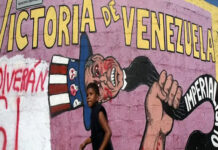

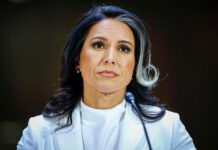
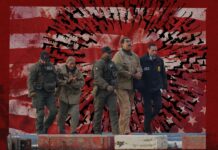
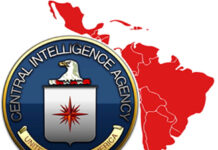
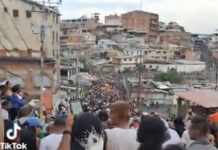
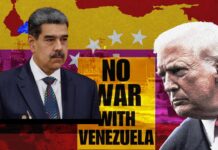



[…] By Jeremy Kuzmarov, Covert Action […]
[…] Picking Up Where Bush, Obama, and Trump Left Off, Biden Extends U.S. Campaign to Crush Venezuela Covert Action Which is absurd. But here we are! * * * COVID-19 situation worsens in Europe — Netherlands, Austria imposes full lockdown Business Insider. […]
[…] Picking Up Where Bush, Obama, and Trump Left Off, Biden Extends U.S. Campaign to Crush Venezuela Covert Action […]
[…] Biden Extends U.S. Campaign to Crush Venezuela, by Jeremy Kuzmarov […]
Excellent article Jeremy. CONGRATULATIONS! We should not forget that ‘crushing Venezuela’ is not the aim. It is only a means to another end: promoting military activity, that is, the War Industry. Sadly Venezuelan politicians also benefit from this absurd game.
For the first comment Henry,
I don’t believe the article mentioned your story u cited
I heard something at the time about an attempt to smuggle a bunch of arms that were blocked…not sure if that is what we call humanitarian weapons , can’t eat them…
Me personally as a member of womanity I wish men who it mostly is men…
As a man I state , gee , I wish the men in America and elsewherr would stop messing with other people and other countries and just stick to playing with their own dang selvies
On that note why I always hear ads for e d in the Homeland here? Like I just said, maybe we in the Homeland focus too much energy on messing up other peoples’ minds and governments and we might do better to teach our men how to better play with themselves
Should I start naming specific Gates keepers…
Nah, it’s too nice an afternoon…
Interesting comments on your part… I was referring to this sentence that appeared in the article.
Bernie Sanders (D-VT) characterized Maduro (and Nicaraguan President Daniel Ortega) as a dictator in January 2020 and repeated the lie that Maduro had refused humanitarian aid
Right sorry then
Is Bernard a Democrat ? I thought he claimed to be independent though clearly he is beholden to the same bloodsucker leaches as the rest
Do u think he’will pretend to run for president again?
Fool me twice….
Bernie used to be an Independent, but in 2020 he ran as a Democrat. So now he is a member of the Democratic Party. I predict that he will not run for President again because of his age. If he were younger he would probably run again. But anything is possible, so he may run again.
In this article the writer is saying that the story shown below is false and untrue. Where can I find evidence or proof that the story shown below is not factual?
On 23 February 2019, a joint operation from all coalition countries by land and sea attempted to deliver humanitarian aid to Venezuela. At the Colombia–Venezuela border, the caravans were tear-gassed or shot at with rubber bullets by Venezuelan personnel as they crossed bridges and ultimately blocked. According to a report released by the Office of the Inspector General at the U.S. Agency for International Development only 8 out of 368 tons of aid reached the country. In a December 2019 survey by Venezuelan pollster Meganalisis, 85.5% of respondents said that they did not receive support from international humanitarian aid, 7.9% said they did receive aid and 6.5% were unsure if they received humanitarian aid.
Venezuela must be punished for using its oil revenues to improve the lives of the people instead of sending them to New York and London.